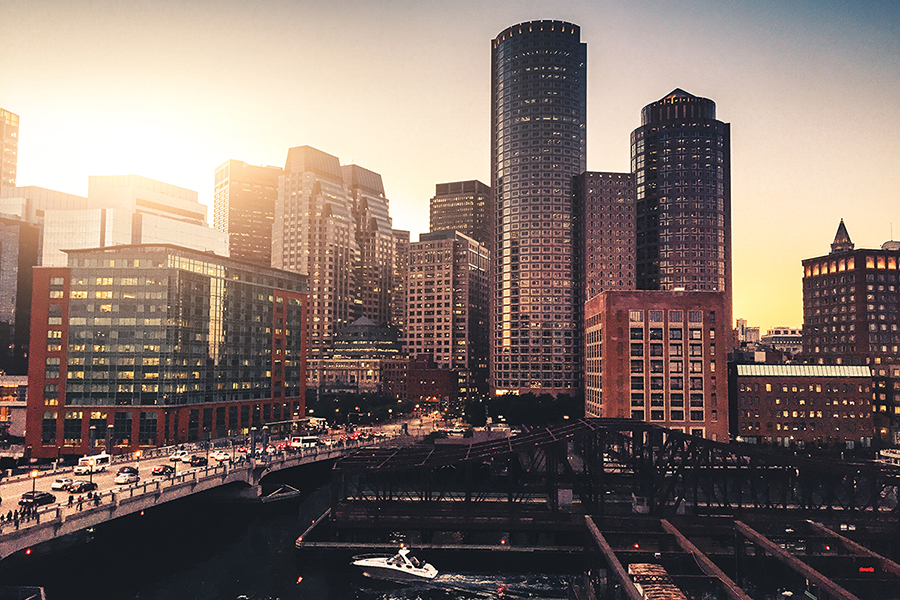Boston No Longer Has the Worst Income Inequality in the Country
A new analysis from the Brookings Institution indicates the gap between rich and poor is narrowing in the Hub.

Photo via iStock
Boston has relinquished a crown we never wanted to have in the first place.
Income inequality in the Hub is a tremendous problem—so much so that a previous Brookings Institution analysis found that in 2014, the gulf between rich and poor was wider here than in any other city in America. But the think tank’s updated dataset indicates some progress in narrowing the gap, and Boston is no longer the most unequal big city in the country.
In 2016, households in Boston’s 95th income percentile made almost 15 times what those in the city’s 20th percentile did. While that statistic is certainly nothing to celebrate, the ratio is less extreme than it was two years prior, when Boston’s wealthiest made nearly 18 times more than those near the bottom of the economic ladder.
The Hub is now the seventh-most unequal city in the country, and Atlanta has taken over the top spot. Washington, D.C., Providence, New Orleans, Miami, and San Francisco are also more economically stratified than Boston. On the flip side, cities like Virginia Beach, Virginia; Columbus, Ohio; and Des Moines, Iowa, have some of the lowest levels of inequality anywhere in the United States. And in Deltona, Florida, a city of just over 25,000 people in the central part of the Sunshine State, people in the 95th income percentile made just 4.5 times as much as those in the 20th percentile in 2016.
According to the Brookings analysis, the chasm between rich and poor tends to widen in older cities that boast fewer middle-class neighborhoods and more government-subsidized housing. On the other hand, newer cities with room to expand geographically and provide more job opportunities to support the middle class are plagued with less inequality.
Boston certainly has a long way to go toward becoming more economically equitable, and there’s one industry-disrupting elephant in the room that could exacerbate the problem. Boston is, of course, on the short list for Amazon’s coveted H2Q—a prize that would surely bring phenomenal job opportunities, wealth, and honor to Boston. It could also usher in (as it has in Seattle) an intense housing crunch, rapid gentrification, and (even more) sky-high rents as thousands of tech employees suddenly flock our way. So, while this incremental progress is worth applauding, it may be fleeting.


